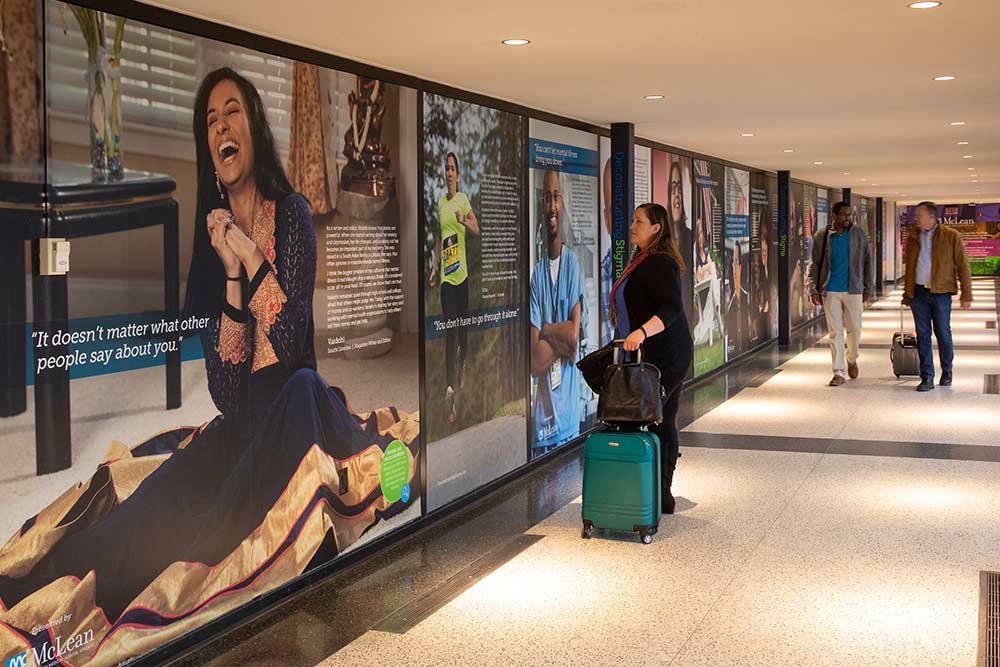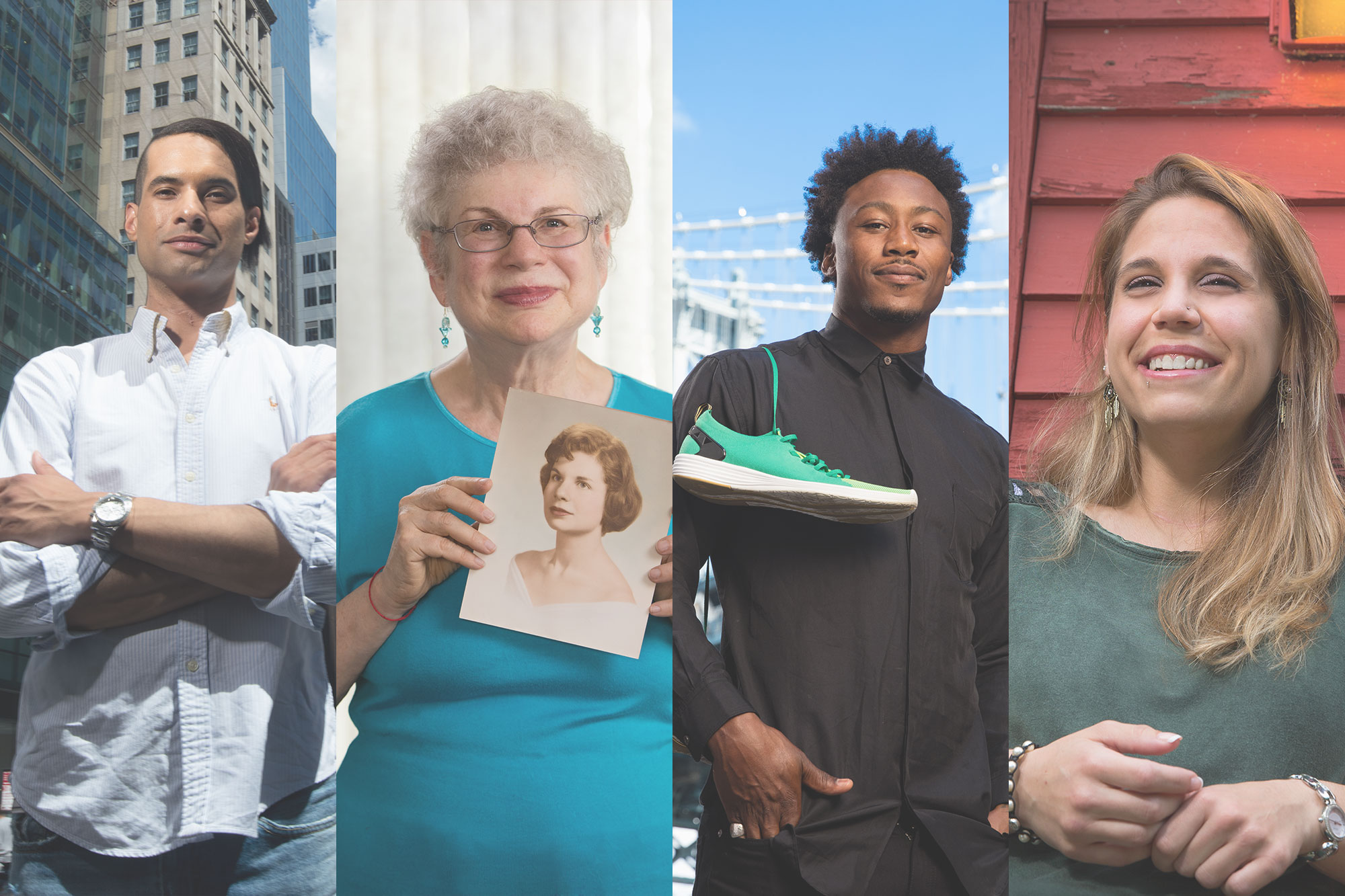Treatment helped me not to feel so alone, and it gave me hope
There’s no reason anyone should feel ashamed to have to seek help. Mental illness is just that—an illness.
At age 14, Stephanie’s parents divorced, and she moved to a new state 3,000 miles away. Stephanie found herself angry and depressed, and she started engaging in forms of self-harm, like pulling her hair out. Around the same age, Stephanie took a large handful of pills. Thankfully, there were no major side effects.
She felt very alone during this time and felt as if she had no one to turn to. At one point, her mother put her in a psychiatric hospital. Along with her parents’ divorce and the sudden move, this hospital stay may have been the start of what later led to her diagnosis.
Despite these episodes and symptoms, Stephanie had no clue her behaviors were not normal.
During those teen years, I really didn’t think that the way I responded in relationships was unhealthy. I had no one to tell me otherwise. I didn’t give it a second thought.
When I look back, I can clearly see that I was very depressed and seeking love in all the wrong places. I was clinging on to boys, looking for love, and trying to keep them in my lives no matter what it took. The fear of being left entangled me.
It took a triggering event in her late 20s to put her on a path to understanding and recovery.
I was married at the time, and my husband had gone off to Afghanistan with the Air National Guard. He was overseas for a mere six weeks. I missed him very much. I was anticipating his return home and very excited to see him again.
As soon as I opened the front door to greet him, I became overwhelmed with a sense of what I can now describe as fear of abandonment or rejection. At the time, I just shut down and wanted nothing to do with him. I knew this wasn’t a normal response.
Right before I opened the front door, I was so excited that he was finally home. Yet as soon as I opened the door, my feelings changed completely.
After that day, Stephanie began doing research. She wanted to understand why she responded the way she did. She wanted to find a therapist who could make sense of her symptoms. In time, she was diagnosed with borderline personality disorder and trichotillomania (hair-pulling disorder). Eventually, she began treatment.
Treatment has helped me immensely. It helped me not to feel so alone, and it gave me hope. Using DBT (dialectical behavior therapy) skills has helped me improve my awareness of how I respond to my emotions, given me a new perspective, and allowed me to give myself some grace when I mess up.
Consistent treatment has been a key to Stephanie’s recovery from mental illness.
My experience seeing the same psychologist for the past 12 years or so has been a godsend. Never have I felt more vulnerable yet accepted than I do with my doctor.
When I first started seeing him, I was coming out of a highly dysfunctional relationship, and I finally realized that if I did not seek help, I was going to keep going down the path of failed and miserable relationships. So, I began treatment. I also joined a DBT group, which helped me to learn skills I didn’t even know I needed.
With my doctor’s support, as well as my new skills, I began to get my life back together, and I started working on my mental health and figuring out who I was.
Faith and strong relationships have also been important to Stephanie.
I had to get to know me, my triggers, my fears, and I had to completely turn my life over to my savior, Jesus Christ. So, as I look back over the years, I can say that without seeking and receiving treatment there’s no way I would be where I am today—married to a wonderful, godly man that loves me despite my illness.
I still have a long way to go, but I can see the healing that’s occurred in me over the last decade as well as how therapy and DBT have made such a huge impact in my life.
Stephanie recently launched her own business as a personal trainer. She is passionate about health, fitness, and exercise. In particular, she wants to help older adults improve their physical, spiritual, cognitive, and emotional health. Also, as a woman who had her first child when she was just 17 years old, she is eager to help at-risk teenagers receive the support and services they need to make better choices than she did.
Each day you wake up is a new day and a new chance to show the world that you matter, that you have a place in this world, and that you are no different than anyone else. Seek help because you are loved.

